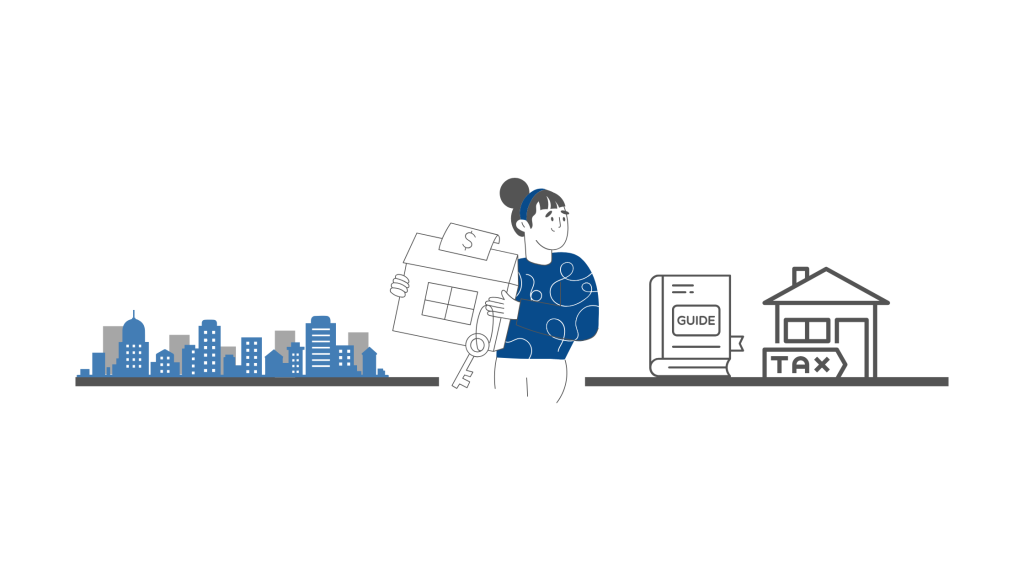Navigating property taxes in Australia can feel overwhelming, whether you’re a first-time buyer or a seasoned investor. Understanding these taxes is crucial to managing your costs and planning effectively. In this guide, we’ll cover the three major taxes that impact property ownership and transactions: stamp duty, capital gains tax (CGT), and land tax.
Stamp Duty
Stamp duty is a one-off government tax applied when you purchase property in Australia. Here’s what you need to know:
What Is Stamp Duty?
Stamp duty is calculated based on the purchase price of the property or its market value, whichever is higher. The rates vary by state or territory and can range from a few thousand dollars to tens of thousands.
Exemptions and Concessions
Some buyers may qualify for exemptions or concessions, such as:
- First-time buyers: Many states offer reduced rates or exemptions for first-home buyers.
- Pensioners: Certain concessions apply to eligible pensioners.
- Off-the-plan purchases: Lower stamp duty may apply to properties bought off the plan.
Strategies to Minimize Stamp Duty
- Buying in a state or territory with lower rates.
- Take advantage of first-home buyer schemes if eligible.
- Considering off-the-plan properties to reduce upfront costs.
Capital Gains Tax (CGT)
CGT applies when you sell a property and make a profit. Understanding how it works can help you plan better.
What Is CGT?
CGT is calculated on the capital gain—the difference between the sale price and the cost base (purchase price plus associated expenses like stamp duty and renovations).
CGT Exemptions
- Main residence exemption: If the property was your primary home, you may be exempt from CGT.
- Partial exemptions: For properties used as a main residence for part of the ownership period.
Planning Tips to Reduce CGT
- Hold the property for at least 12 months to qualify for the 50% CGT discount (for individuals).
- Keep detailed records of all expenses related to the property.
- Consider timing your sale to align with a lower-income year.
Land Tax
Land tax is an annual tax imposed on the owner of land, excluding your primary residence in most cases.
Who Pays Land Tax?
Land tax generally applies to investment properties, holiday homes, or land used for business purposes. Each state or territory has its own rules and thresholds.
How Is Land Tax Assessed?
- Based on the unimproved value of the land.
- Rates and thresholds vary across states and territories.
Strategies to Minimize Land Tax
- Spread your property investments across different states to stay under individual thresholds.
- Regularly review property valuations to ensure accurate assessments.
- Consider ownership structures like trusts, where appropriate.
Other Relevant Taxes
Additional Property-Related Taxes
- GST (Goods and Services Tax): This applies to some commercial properties and new residential properties.
- State and territory-specific taxes: These may include fire service levies or council rates, which vary by location.
These taxes, while less prominent, can still impact your overall costs.
- Property taxation in Australia is complex but manageable with the right knowledge.
- Stamp duty, CGT, and land tax are the primary taxes affecting property owners.
- Planning and understanding exemptions and strategies can save you significant amounts.
If you’re a property owner or investor, consulting with a tax professional can help you navigate the complexities and tailor strategies to your situation. For more information on property taxation, explore resources from your state or territory’s revenue office.
Understanding property taxes is a crucial step toward making informed decisions and maximizing your investment returns.



